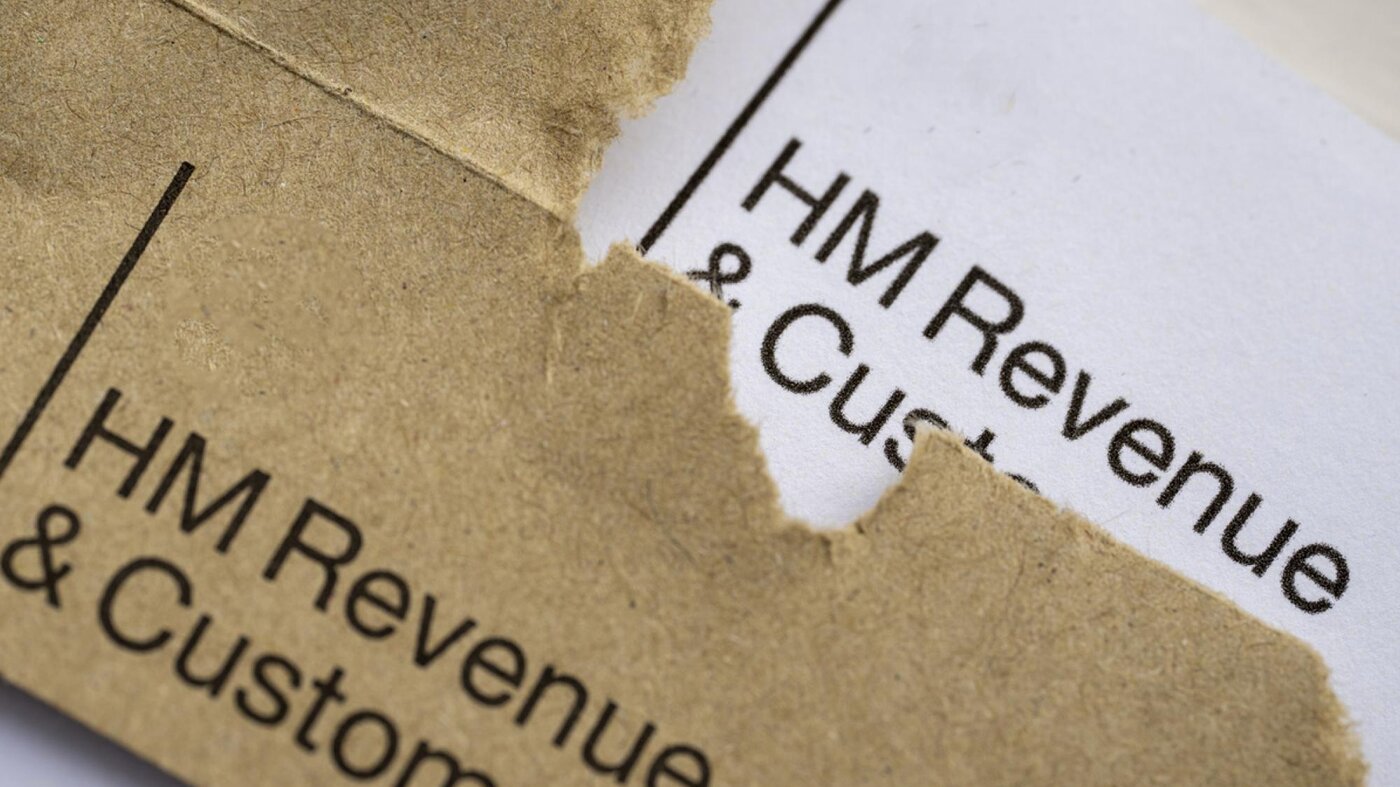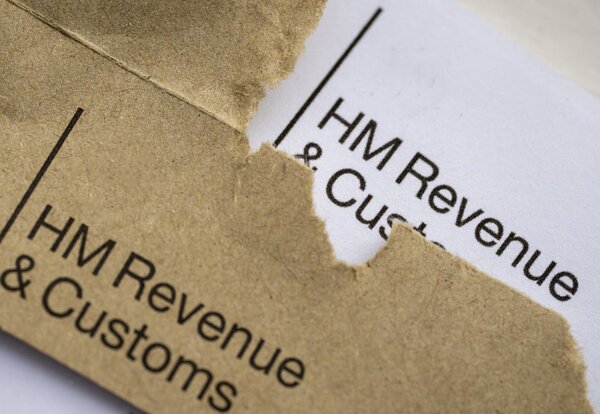Introduction
His Majesty’s Revenue and Customs (HMRC) has issued new guidance to help individuals and businesses recognise and avoid potentially harmful tax advisers. The warning, released on Tuesday in a recent policy update, underlines the importance of remaining vigilant when selecting tax professionals.
The authority emphasises that, regardless of professional involvement, taxpayers are ultimately responsible for the accuracy and completeness of their own tax affairs.
HMRC guidance highlights adviser risks
HMRC’s updated policy paper addresses growing concerns about unregulated or unscrupulous intermediaries offering tax advice. The guidance cautions that certain advisers may make offers that appear attractive on the surface but can result in unexpected liabilities.
The tax authority notes, “If an intermediary’s offer sounds too good to be true, it probably is. If an intermediary says they can help you pay less tax, you might end up owing more, plus interest and penalties.” This statement reflects HMRC’s focus on the dangers of unsubstantiated claims by some tax professionals.
Public responsibility in tax affairs
HMRC reiterates that it does not provide official approval or endorsement of any tax adviser or intermediary. It is the responsibility of each taxpayer to ensure their returns and submissions are accurate, regardless of whether they have relied on professional advice.
The guidance states that individuals and businesses must exercise due diligence. Engaging a tax adviser does not exempt a person from legal obligations, and errors or misconduct on the part of an adviser can still lead to financial penalties for the taxpayer.
Key warning signs to watch
HMRC’s guidance identifies several risk factors when considering the services of a tax adviser. Among these are unclear or opaque terms and conditions, guarantees of unusually high refunds, or proposals that seem to circumvent normal tax processes.
The tax authority suggests that taxpayers thoroughly review all documentation provided by advisers, seek clarity about fees and obligations, and question proposals that seem to prioritise saving tax at the expense of legal compliance.
Official stance on adviser approvals
HMRC clarifies that it does not maintain an official register or endorsement scheme for tax advisers. While many advisers are genuine and provide valuable services, there is no HMRC-approved list to guarantee quality or trustworthiness.
The published guidance also encourages taxpayers to seek advisers with accreditation from recognised professional bodies and to consult multiple sources before engaging services.
Implications for taxpayers
Failure to identify harmful practices or relying on dubious advice can result in significant financial penalties, including repayment of underpaid tax and additional interest. According to HMRC, taking advice from non-reputable sources may expose individuals to investigations or even legal action.
HMRC’s communication serves as a preventative reminder, aiming to reduce the number of cases where clients find themselves liable for actions taken on the advice of advisers operating outside professional standards.
Final Summary
HMRC’s recent guidance underscores the importance of exercising caution when selecting tax advisers, highlighting the persistent risks posed by some unregulated operators. By stressing the principle of personal responsibility and providing practical warning signs, the authority aims to empower taxpayers to make informed choices and avoid unnecessary penalties.
As the taxation landscape becomes increasingly complex, HMRC’s proactive communication signals its commitment to higher compliance and public protection. For those seeking greater clarity on their responsibilities or reviews of professional practices, resources are available to support ongoing compliance efforts. Users interested in staying updated on tax compliance matters can access updates through the Pie app.











